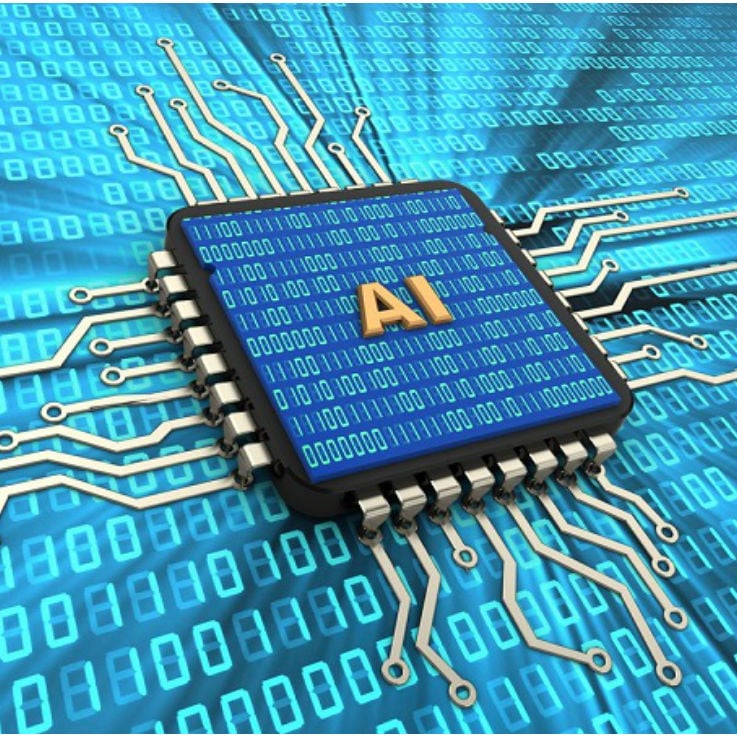Published:
In the continuously growing global market, two key factors have led to new competition in the technology industry: trade war, and artificial intelligence (AI). The Hanguang 800, Alibaba's first AI chip, has the potential to affect the global market as it continues expanding the possibilities of what the world may become through AI. This extremely advanced AI processor was not expected to be produced in China for at least another year; however, the trade war between the U.S. and China forged new competition in the technology industry, leading to increased innovation.
As a result of the trade war, China has become wary of relying on technology companies outside of its borders. This has led to the sole reason Chinese tech companies have recently been able to produce new technology at a proliferate rate: China’s government is providing massive subsidies to tech-based companies. Once subsidized, tech companies have fewer costs, thus allowing them to allocate more money for the research and development of AI.
Alibaba’s new AI chip is expected to rival competitors like Intel and Nvidia as the processor is capable of cutting computing tasks that would normally take an hour down to five minutes. This ability leads to another possible innovation in artificial intelligence. In March, testing began on a new service, powered by the chip, that would allow subway passengers to pay their fare using their faces or voices. As trials expand, millions of people may no longer need cash, a wallet, or a cellphone when taking the subway. If the chip ends up being as powerful as claimed, it will likely trigger a global shift in how computing hardware is produced.
Although it is unknown when the new AI chip will be released, the Hanguang 800 will undoubtedly help reduce China's dependence on U.S. technology. As the trade war worsens relations between American and Chinese businesses, companies like Alibaba, Baidu, and Huawei Technologies will attempt to emerge as competitors in the global technology market. At this level, they would compete with higher ranking tech companies Amazon, Google, and Microsoft, who lead the Asia-Pacific region’s technology market.
Since technology has been around, Chinese companies have been unable to rival the U.S., Taiwan, and South Korea in producing the world's most advanced computer chips. However, the current trade war has sparked a chain reaction that has propelled China into becoming a competitor within the rapidly-growing technology market. As a result, global competition has increased in the industry, leading to the production of technology that some may have never thought possible. Perceived by many as the world’s most powerful AI processor, the Hanguang 800 reveals infinite possibilities for the growth of the global technology market.
File under






